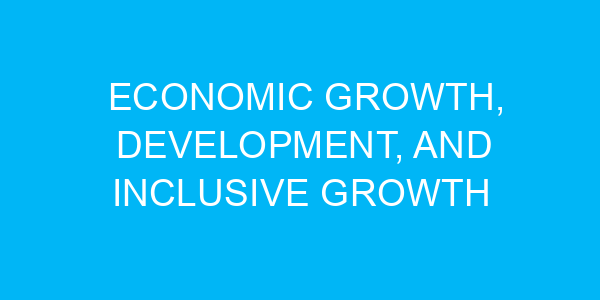96. The term “Inclusive Water and Sanitation” refers to:
a) Ensuring access to safe and clean water supply and sanitation facilities for all individuals
b) Excluding certain individuals from accessing water and sanitation facilities
c) Providing water and sanitation facilities only to high-income individuals
d) Providing water and sanitation facilities only to urban areas
97. The term “Inclusive Disaster Risk Reduction” refers to:
a) Ensuring that disaster risk reduction strategies and policies include the needs and perspectives of all individuals, especially the most vulnerable
b) Excluding certain individuals from disaster risk reduction efforts
c) Providing disaster risk reduction efforts only to high-income individuals
d) Providing disaster risk reduction efforts only to urban areas
98. The term “Inclusive Healthcare” refers to:
a) Providing accessible and affordable healthcare services for all individuals, regardless of their socio-economic status or location
b) Providing healthcare services only to high-income individuals
c) Providing healthcare services only in urban areas
d) Providing healthcare services only in rural areas
99. The term “Inclusive Social Services” refers to:
a) Providing a range of social services, such as education, healthcare, and social welfare, that are accessible to all individuals
b) Providing social services only to high-income individuals
c) Providing social services only to urban areas
d) Providing social services only to rural areas
100. The term “Social Inclusion” refers to:
a) The process of ensuring that all individuals, especially the marginalized and vulnerable, have access to resources, opportunities, and participation in society
b) The process of excluding certain individuals from accessing resources and opportunities
c) The process of excluding certain individuals from participating in decision-making processes
d) The process of excluding certain individuals from social activities




